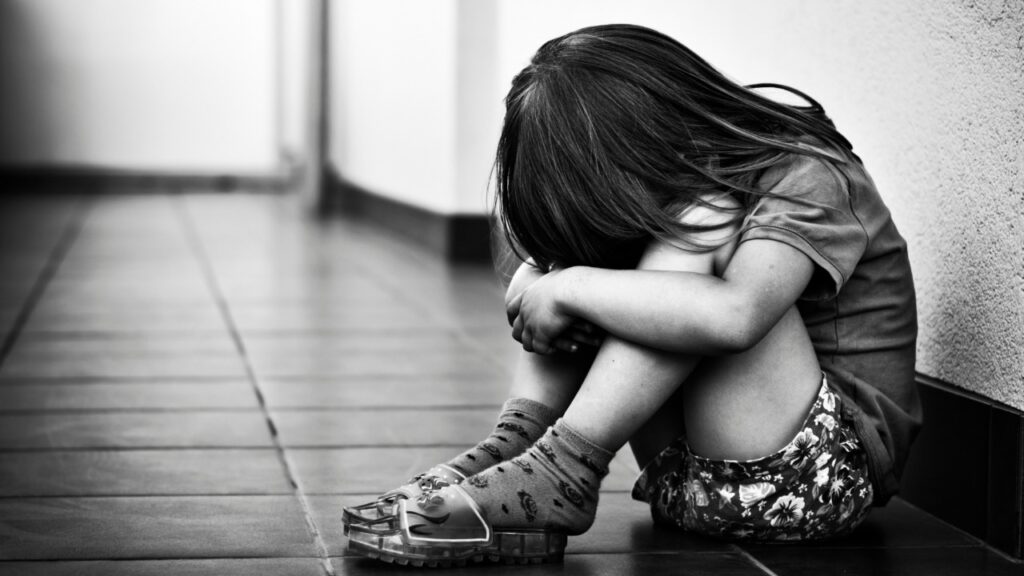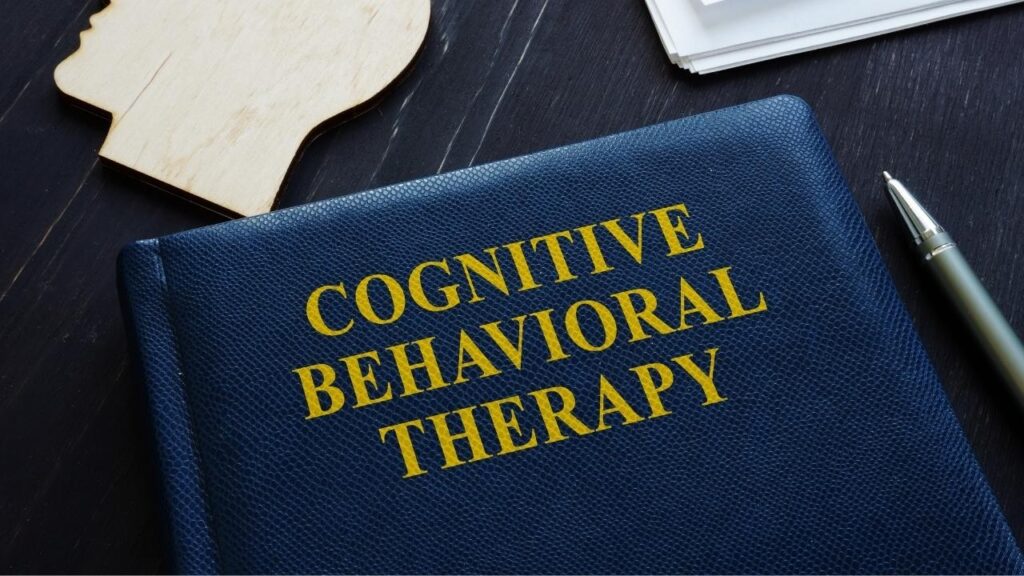Emotional Problems
What are Emotional Problems ? and Emotional Trauma Our memories make us feel certain feelings. Some memories are positive, and others may be negative. When we remember them, we either feel good or bad. However, they can make us smile or make us cry, If we concentrate on them. still, some recollections affect us more seriously, without our conscious focus. Severe memories that are hard to let go of may bring emotional and mental trauma. Bad experiences, negative feelings, or deep pain of an unforgettable moment that lingers can sometimes affect us in what feels like an unrecoverable way. This is where trauma enters. Trauma is defined as a deeply distressing or disturbing experience. Those traumatic experiences in our lives are unchangeable, and they may affect us or keep affecting us in the future. Although we can not undo the past, we can heal from them, and know that healing is still possible. Read More – CBT FOR Anxiety , personality disorders and low self esteem Emotional Trauma Symptoms There are common stuff or conditions that may pass following a traumatic event. Sometimes these responses can be delayed, for months or indeed years after the event. frequently, people don’t indeed initially associate their symptoms with the precipitating trauma. The following are symptoms that may result from a more commonplace, undetermined trauma, especially if there were before, overwhelming life experiences Physical Eating disturbances( more or less than usual) Sleep disturbances( more or less than usual) Sexual dysfunction Low energy Chronic, unexplained pain Emotional Depression, spontaneous weeping, despair, and hopelessness Anxiety fear attacks anxiety obsessive and compulsive actions Feeling out of control Irritability, angry, and resentment Emotional impassiveness Withdrawal from normal routine and relationships Cognitive Memory lapses, especially about the trauma Difficulty making opinions Decreased capability to concentrate Feeling distracted ADHD symptoms The following other symptoms of emotional trauma are generally associated with a severe precipitating event, similar as a natural disaster, exposure to war, rape, assault, violent crime, major car or airplane crashes, or child abuse. Extreme symptoms can also occur as a delayed response to the traumatic event. Re-experiencing the Trauma Intrusive thoughts Flashbacks or nightmares Sudden floods of feelings or images related to the traumatic event Emotional Numbing and Avoidance Amnesia Avoidance of situations that act the earliest event Detachment Depression Guilt passions Grief responses An altered sense of time Increased Arousal Hyperactive- alert, restiveness, an extreme sense of being” on guard” Overreactions, including unforeseen unprovoked wrathfulness General anxiety Insomnia Obsessions with death What are the possible effects of emotional trauma? Indeed when unrecognized, emotional trauma can cause lasting difficulties in an individual’s life. One way to determine whether an emotional or internal trauma has passed, maybe indeed early in life before language or conscious mindfulness were in place, is to look at the kinds of recreating problems one might be experiencing. These can serve as suggestions to an earlier situation that caused a dysregulation in the structure or function of the brain. Common personal and behavioral stuff of emotional trauma Substance abuse Obsessive behavior patterns Self-destructive and impulsive geste Uncontrollable reactive thoughts Inability to make healthy professional or life choices Dissociative symptoms(” splitting off” parts of the self) Feelings of ineffectiveness, shame, despair, forlornness Feeling permanently damaged A loss of previously sustained beliefs Common effects of emotional trauma on interpersonal connections Incapability to maintain close connections or choose applicable friends and mates Sexual problems Hostility Arguments with family members, employers co-workers Social withdrawal Feeling constantly threatened What if symptoms do not go away, or appear at a after time? Over time, indeed without professional treatment, symptoms of an emotional trauma generally subside, and normal daily functioning gradationally returns. still, indeed after time has passed, occasionally the symptoms do not go away. Or they may appear to be gone, but surface again in another stressful situation. When a person’s day-to-day life functioning or life choices continue to be affected, post-traumatic stress disorder may be the problem, requiring professional backing. Read More- Behavioral and emotional disorder in children How is emotional trauma treated? Traditional approaches to treating emotional trauma include talk therapies, Cognitive- Behavioral remedy (CBT)- advisedly changing one’s thoughts and actions and methodical desensitization to reduce reactivity to a traumatic stressor. These approaches to healing trauma were developed without brain science information, and thus have varying degrees of success. Recent developments in the treatment of emotional trauma include new, effective forms of psychotherapy and physical( body) remedies that were developed with new brain wisdom information in mind. Although frequently intensively interpersonal, these remedies are also cerebral and neurological in their focus and application. This group of therapies relies on ingrain instinctual resources, rather than specifics, to bring about healing. They differ in some ways, but the one thing they’ve in common is combining talk remedy with a focus on the body. As with any remedy, but especially due to the intensity of the feelings involved, it’s important to find a therapist with whom one feels trust and a strong bond. Working through trauma can be scary, painful, and potentially re-traumatizing, so this healing work is best accepted with the help of an educated trauma specialist. Chancing the right therapist may take some time. It’s really important that the therapist you choose has experience treating trauma. But the quality of the relationship with your therapist is inversely important. Choose a trauma specialist you feel comfortable with. However, admired, or understood, If you do not feel safe. Ask yourself Did you feel comfortable agitating your problems with the therapist? Did you feel like the therapist understood what you were talking about? Were your concerns taken seriously or were they minimized or dismissed? Were you treated with compassion and respect? Do you believe that you could grow to trust the therapist? Tags: Astrology Meditation past life regression Facebook-f Twitter Linkedin-in Pinterest Youtube Post Categories Services (20) Astrology (15) Past Life Regression (20) Money Reiki (15) Mid Brain Activation (08)



